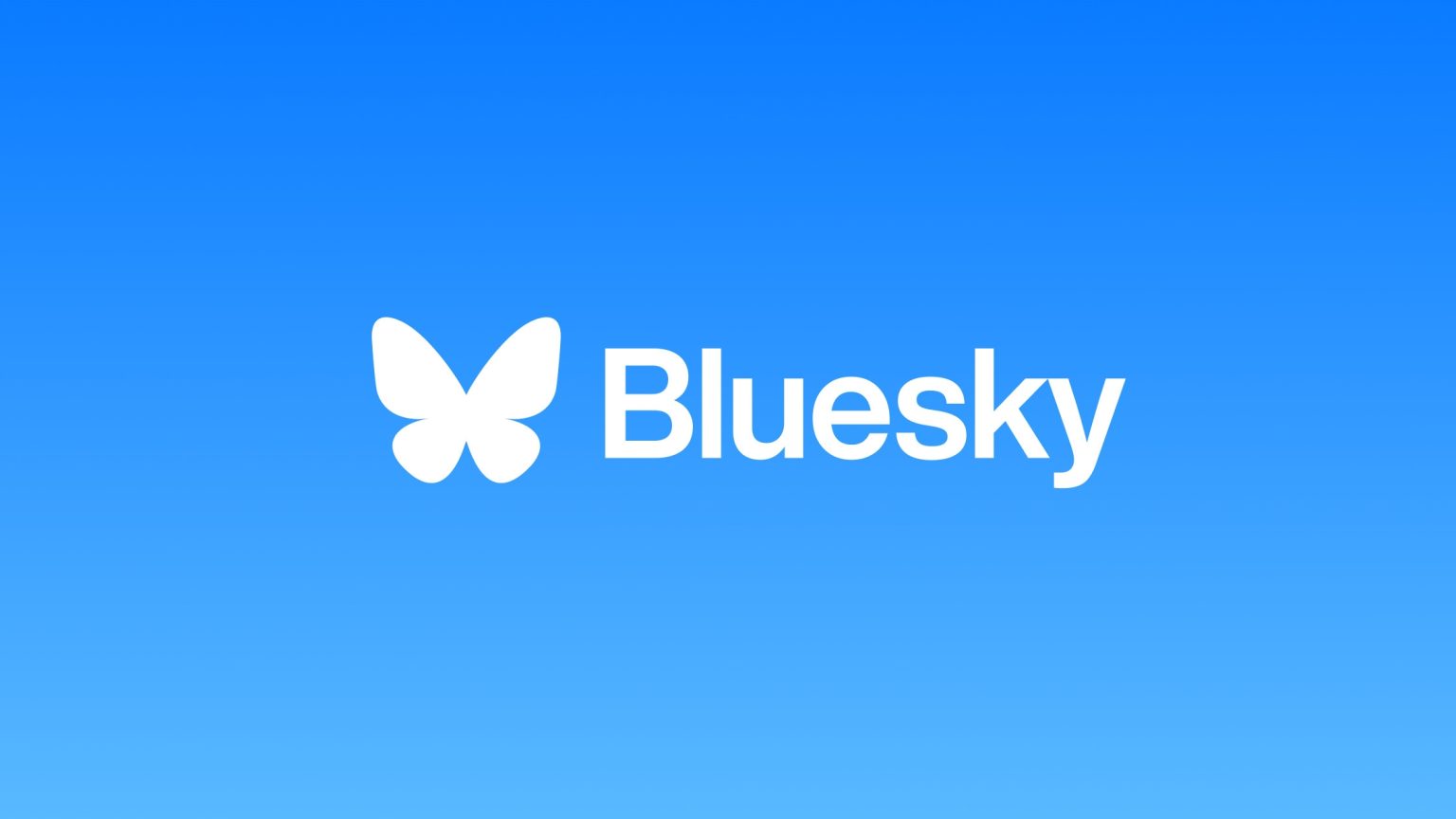Bluesky, the decentralized social network, has experienced a significant surge in users, adding over 700,000 new accounts in just a single week, bringing its total user base to more than 14.5 million. This spike in new sign-ups marks a notable milestone for the platform and highlights growing interest, particularly in the United States, where the “majority” of these new users are coming from. Bluesky’s rapid growth suggests that many social media users are actively seeking alternatives to platforms like X (formerly Twitter), which has faced increasing dissatisfaction among its users.
A Shift Toward Alternative Platforms
Bluesky’s recent surge in popularity aligns with ongoing concerns about engagement and content moderation issues on other platforms. For example, X—under the leadership of Elon Musk—has recently made several controversial changes, such as allowing blocked users to still view posts from the person who blocked them. This, along with a rise in misinformation and hate speech, has prompted many users to look for new spaces to interact and engage. Additionally, complaints about algorithmic feeds, like X’s “For You” section, which cannot be permanently turned off, have led some to explore platforms that offer more control over content.
According to Rose Wang, Bluesky’s COO, the platform is currently the #2 free social networking app in the US App Store, just behind Meta’s Threads. Threads, which boasts over 275 million monthly users, is significantly larger than Bluesky, but the latter has managed to carve out a niche for those seeking a more decentralized, user-driven experience.
Bluesky’s Growing Popularity Among US Users
Bluesky’s recent growth is not just a fluke—it’s a sign of the growing demand for alternative social networks. The app’s quick climb in the US App Store suggests that many people are exploring new options in the wake of dissatisfaction with mainstream platforms. This is particularly notable as political events, including the upcoming US presidential election, could be playing a role in encouraging users to move away from platforms that they feel may be more biased or prone to manipulation.
Bluesky’s emphasis on decentralization, where users have more control over their data and content, is likely appealing to those looking for more transparency and user empowerment. The platform’s growing reputation as a space free from the larger corporate influence seen on platforms like X and Facebook may also be drawing in users who want a more community-focused and less commercialized experience.
New Features Boosting User Engagement
Bluesky is also continually improving its app, adding features that bring it closer to what users expect from modern social platforms. Recent updates include pinned posts, video posting support, and the ability to send direct messages (DMs). These features bring Bluesky more in line with mainstream social networks, making it a more attractive option for users looking for a familiar, fully-functional platform.
Another feature that sets Bluesky apart is its ability to let users customize their feeds by selecting specific topics or posters to follow. This feature allows users to curate their experience and ensures they see content that matters most to them, rather than relying on an algorithm to dictate what’s shown in their timeline.
Bluesky has also introduced the concept of “starter packs”, which help users quickly find and connect with people they may already know or follow. This makes it easier for newcomers to get started and engage with content relevant to their interests.
The Competition: Threads vs. Bluesky
While Bluesky’s recent growth is impressive, it’s still competing against larger platforms like Threads. Threads, launched by Meta, has become the primary competitor to X, with its own growing user base and rapid feature updates. Despite this, Bluesky offers a unique value proposition with its decentralized architecture, which gives users greater control over their experience and reduces reliance on a central authority. This could be the key to its continued appeal, especially for users disillusioned with the direction of other platforms.
Though Bluesky is still in its growth phase, it has gained considerable traction in recent weeks, even adding 500,000 users in a single day following a controversial decision by X to allow blocked users to view content from those who had blocked them. With this in mind, it’s clear that Bluesky is positioning itself as a leading alternative to X for those seeking a more open and user-driven social experience.
Conclusion: The Future of Bluesky
Bluesky’s impressive growth reflects a shift in social media dynamics, where users are looking for more options and control over their online experiences. As more people grow frustrated with X, Meta, and other major platforms, Bluesky’s decentralized model and features like customizable feeds and direct messaging could make it a strong contender in the social media space. While it still has a long way to go to catch up to giants like Threads, Bluesky’s focus on user empowerment, growing features, and transparent content moderation positions it as a promising platform for the future.
With 700,000 new users joining in just one week, Bluesky’s momentum seems unstoppable—for now, at least. Whether it can continue to build on this success remains to be seen, but for those looking for a social network with more control and fewer corporate strings, Bluesky may just be the place to be.

